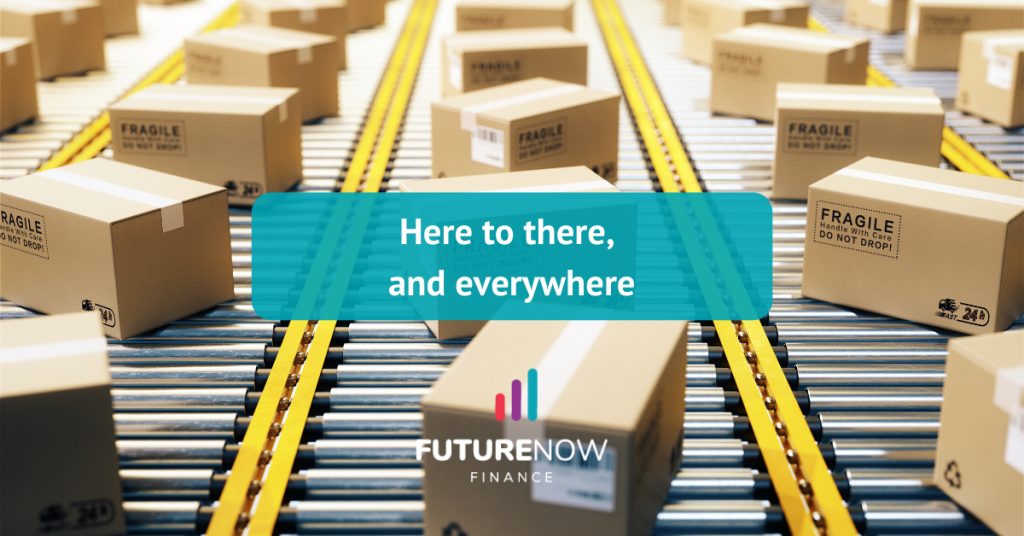Getting a product from A to B sounds simple, doesn’t it? If you have a single product that you only post locally, that might be the case, but if you are a retail business with multiple products, different configurations, taking orders from all over the world, the complexity climbs up a notch or two.
ProjectManager.com defines logistics with a quote from The Handbook of Technology Management: “having the right item in the right quantity at the right time at the right place for the right price in the right condition to the right customer”.
Essentially a lot of things need to be right, and it takes in-depth planning and organisation to make this happen. Logistics management is the detailed process of organising and implementing the flow of work from beginning to end, in order to fulfil both your customers’ expectations and that of your business.
According to Shopify, logistics management could involve some or all of the following business functions: inbound transportation, outbound transportation, fleet management, warehousing, materials handling, order fulfilment, inventory management, demand planning.
When it comes to manufacturing products, how you manage your raw materials has a huge impact on your bottom line. One aspect is coordinating your deliveries so that you always have enough in stock – not too much so that your money is tied up in stock and not too little so that you run out and are unable to meet your orders. Even if you have the most sought-after products, if they don’t reach your customers as expected, your business cannot be successful.
With so many factors to juggle, managing logistics is a complex and strategic process that is required for your business to run efficiently. If you don’t have the capability for logistics management in-house, you could consider working with a third-party logistics company.
Here are 5 tips to help with managing your logistics:
- Decide on your goals
Is your goal to deliver as quickly as possible? Or is it to offer the best price in the market? Do you want to give your customers several delivery options? Will you offer free shipping? Once you have listed your goals, you can develop a suitable plan to meet them.
2. Compare several suppliers
It makes good business sense to get at least 3 quotes to compare pricing, payment terms, service levels and track record. Although the lowest cost is not necessarily the best choice for your business, it can only benefit your business if you can get the same level of service at a lower price. The way that a supplier responds to a request for a quote is already an indicator of the level and quality of their customer service. Speaking to your colleagues in the industry for recommendations will help you to narrow down the contenders.
3. Build relationships with your suppliers
If you are able to keep inventory levels low, it will mean less money is tied up in stock. This will require good relationships with your suppliers should they need to deliver stock with short lead times. As you develop the relationships you may be able to negotiate better prices and/or payment terms.
4. Keep a handle on the numbers
You need to know exactly what your costs are at every step of the workflow. Costs also need to be allocated correctly to ensure your pricing calculations are accurate. If there are costs you have not accounted for, you may think your products are profitable when they are not.
5. Analyse and make improvements
If you monitor everything happening in your business, you can use the information to improve your operations. You can work out how much inventory to hold, what contingency plans you need, where there are bottlenecks, find alternative sources of raw materials, and many other valuable insights. The more you can streamline processes and save costs, the more profitable your business will be.
At FutureNow Finance, we can help you by understanding your commercial aspirations and identifying a finance solution to meet your needs. Contact us today if you’d like to discuss your options. Call 1300 013 730 or email hello@futurenowfinance.com.au.
If you know of anyone who needs finance to improve the logistics in their business, please share our details with them. We are excited to play a part in helping small businesses thrive in Australia!

